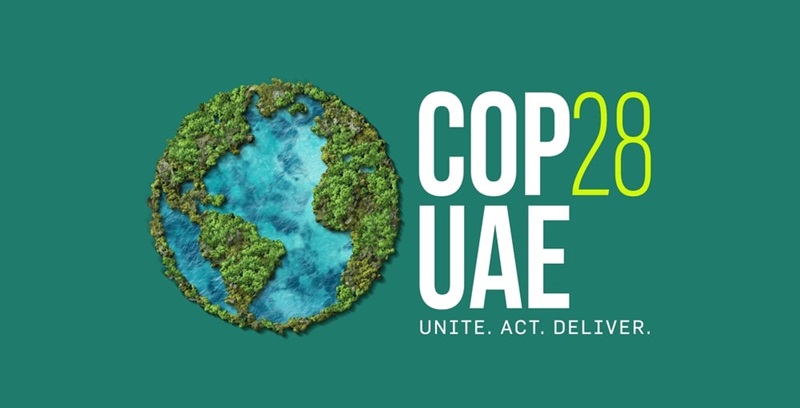image source : etn.news
Unexpected floods, droughts and other climatic events have wreaked devastation worldwide this year, disproportionately hurting those with minimal resources. These concerning instances, related to the looming threat of global warming, highlight the urgency stressed in the sixth assessment report of the IPCC (Intergovernmental Panel on Climate Change). Unfortunately, we are far behind the ambitious targets set by the Paris Agreement, which calls for immediate and meaningful action in the coming decade.
As we speak, Dubai is hosting COP28, where global leaders converge to discuss climate and its profound implications for countries and economies. Among the pivotal discussions is the inaugural Global Stocktake, the groundbreaking assessment intended to evaluate commitments made in the Paris Agreement. The Global Stocktake is scheduled to occur every five years. It is an important benchmark for measuring progress and directing future climate initiatives.
Presently, the world is gripping with the adaptation requirements of the climate action plan of the Paris Agreement. This gap emphasises the need for increased and targeted efforts to reduce global warming. Despite a small 1.1-degree Celsius increase in temperature, we are witnessing a disruptive impact in the form of disastrous droughts, floods, and other natural disasters. The IPCC’s warning is unequivocal: unless greenhouse gas emissions are reduced by 49% by 2030, we will face increasingly unpredictable and catastrophic climate disasters.
This is a stark reminder to global leaders to plan for the decade. The Global Stocktake will put developed and developing economies in the spotlight. These nations will then design strategies based on their unique role in the climate crisis, guaranteeing a harmonious alignment of development objectives with reduced greenhouse gas emissions.
The Stocktake also emphasises national development gaps, highlighting the enormous impact on poorer countries despite significant greenhouse gas emissions by affluent nations. This disparity necessitates the mobilisation of climate finance, with assistance directed toward countries contributing less but carrying a larger burden.
See also :



